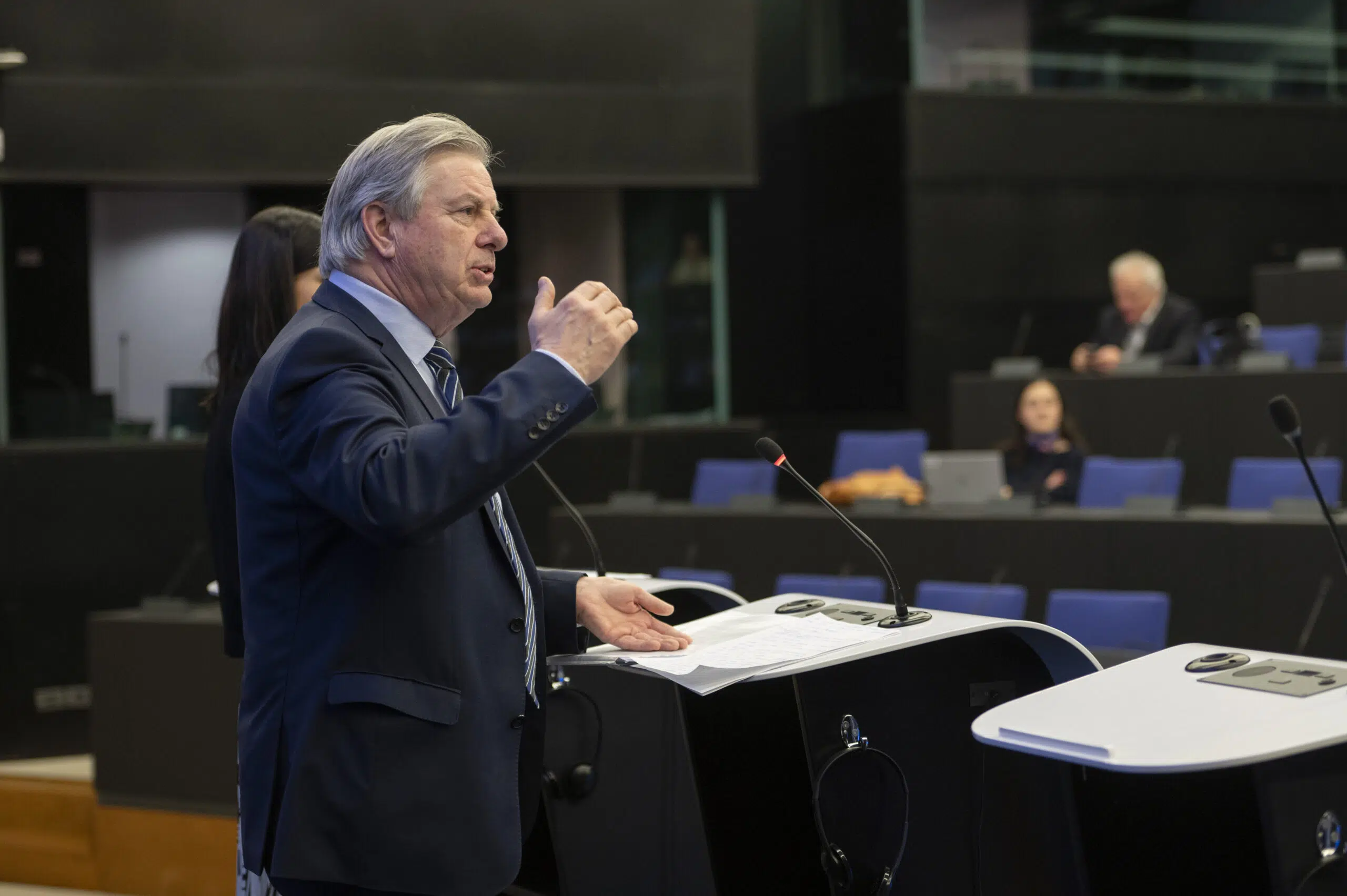From the correspondent in Strasbourg – The European Parliament gave its final endorsement of the crackdown on those guilty of environmental crimes. The new directive, repealing the one from 2008, was adopted with 499 votes in favour, 100 against and 23 abstentions, after the Plenary vote held in today (27 February). Today’s vote is the last step of the legislative process for the new directive establishing to establish new offences and increase penalties for environmental damage. According to the new rules, not just individuals but companies, which, depending on the crime, may now be forced to pay compensation of 3 to 5 per cent of their worldwide turnover.
The list of environmental offences is doubled under criminal law, from 9 to 18: those involved in timber trafficking, illegal laundering of polluting ship components, and serious violations of chemical legislation will also risk severe penalties. Parallel to these are so-called “qualified crimes,” i.e., those that lead to the destruction of an ecosystem and are thus comparable to ecocide, for example, large-scale forest fires or widespread air, water, and soil pollution.
The rapporteur for the European Parliament, Antonius Manders (EPP/the Netherlands), provided the example of Pfas, chemical pollutants that have also been debated for years in the Veneto region, to stress the importance of the political decision. “In the Netherlands,” Manders explained, “companies have permits to pollute the soil with Pfas, but 20 years later, we see that they cause deaths and health problems. With this new law, a judge’s decision will be able to ban them.”

According to EU estimates from Eurojust, environmental crimes constitute a real and very profitable business, with an annual turnover of more than 200 billion euros and severe consequences for human health and the environment. To repair the damage, he stressed again, the EU “spends the equivalent of Portugal’s gross domestic product every year.” Getting their hands dirty are often not individuals but legal entities, companies that mask their polluting externalities and rely on criminal organizations to release them into the environment. “Any corporate executive responsible for causing pollution can be held accountable on a par with the company,” Manders rejoiced.
With the new directive, crimes committed by individuals and business representatives will be punishable by imprisonment: up to eight years for qualified crimes, which can become ten if they cause the death of a person—and five years for all the others. Polluters pay, and the damages are on them: all violators will be required to compensate for the damage caused and restore the damaged environment, in addition to possible fines. For companies, it’s about 3 to 5 per cent of annual worldwide turnover, depending on the extent of the offence. However, larger companies will alternatively be able to pay a minimum of 24 or 40 million euros.
As pointed out by Democrat Franco Roberti, negotiator of the final text for the Socialists and Democrats (S&D), Brussels is also creating “powerful new legal tools for those who defend the environment.” Roberti claimed pressure from S&D to ensure the protection of whistleblowers who report environmental crimes and to strengthen access to justice for anyone who is a victim of such crimes.
Once published in the Official Journal of the EU, member states will have two years to transpose the rules into national law.
English version by the Translation Service of Withub




